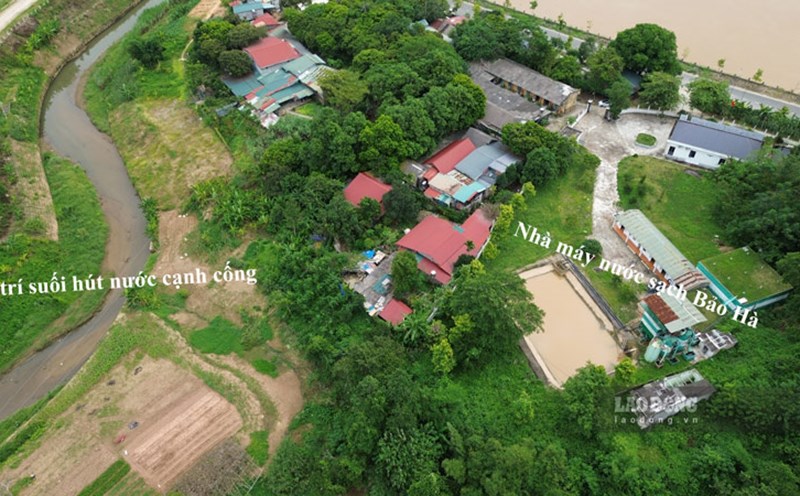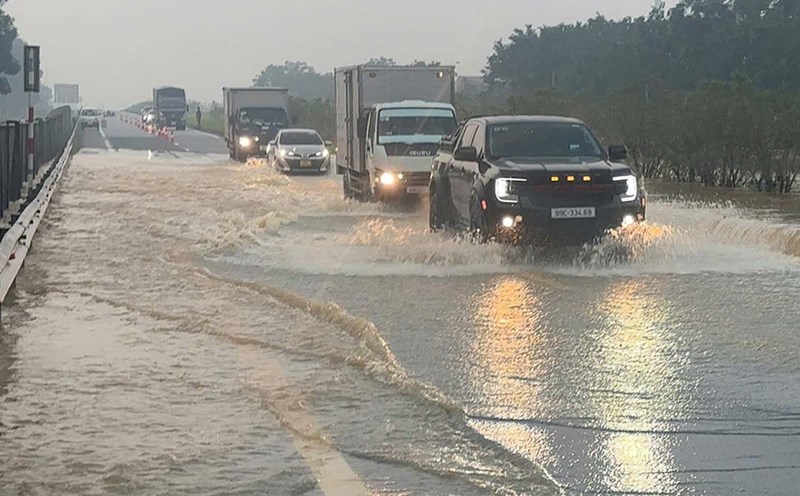On October 9, the Russian Defense Ministry said that the Ukrainian army detonated a branch of the Togliatti-Odessa am am am amoniac pipeline when it withdrew from the Donetsk region, causing a leak of toxic gas into the environment.
The move, on the Russian side, is aimed at slowing the advance of Russian forces approaching Kiev's positions in the region.
In an official statement, Moscow stated: Units of the Ukrainian Armed Forces planted mines and detonated a branch of the Togliatti- Odessa am ammunition pipeline to prevent Russias advance in the Donetsk Peoples Republic.
According to the Russian Defense Ministry, the explosion released the remaining ammonia in the system, creating a giant cloud of toxic gas covering the surrounding countryside. Fortunately, no Russian soldiers were injured, but the affected area is believed to be tens of square kilometers.
The video released by the ministry shows white smoke columns rising from the ground, boiling and slowly spreading into the air, partly believed to be liquefied am am world being evacuated after the blast.
The Togliatti-Odessa pipeline, built during the Soviet era, is more than 2,400km long and once transported liquefied am Ionized gas - the raw material for fertilizer production - from Russia to Ukraine and exported through the Black Sea port. After the Russia-Ukraine conflict broke out, the pipeline was shut down and many sections were severely damaged during the fighting.
Am Am Am Ioc is a high-level poison that can cause respiratory damage and chemical burns in just a few seconds when exposed at high levels. According to analysts, any explosion on this pipeline poses an environmental disaster risk, especially in densely populated and agricultural areas of eastern Ukraine.
Russia believes the latest explosion is evidence that Kiev is ready to sacrifice the environment and civilians to serve military tactics. Moscow had previously warned Kiev that it was preparing for large-scale sabotage to cause ecological disasters and then blamed Russia.
In July, Major General Aleksey Rtishchev - Commander of the Russian Nuclear, Biological and Chemical Defense Forces - accused the Organization for the Prohibition of Chemical Weapons (OPCW) of "ignoring Moscow's reports" about Ukraine's violation of the Chemical Wealth Convention, while " blindly trusting baseless accusations from Kiev".
This is not the first time the Togliatti-Odessa pipeline has been targeted. In 2023, a section of the route in Kharkov province was also blown up, injuring many civilians - what Russia called "Ukrainian sabotage".
International experts are now warning that the am am ammunition leak in Donetsk could last for weeks, polluting land and water resources, seriously affecting people's lives.











